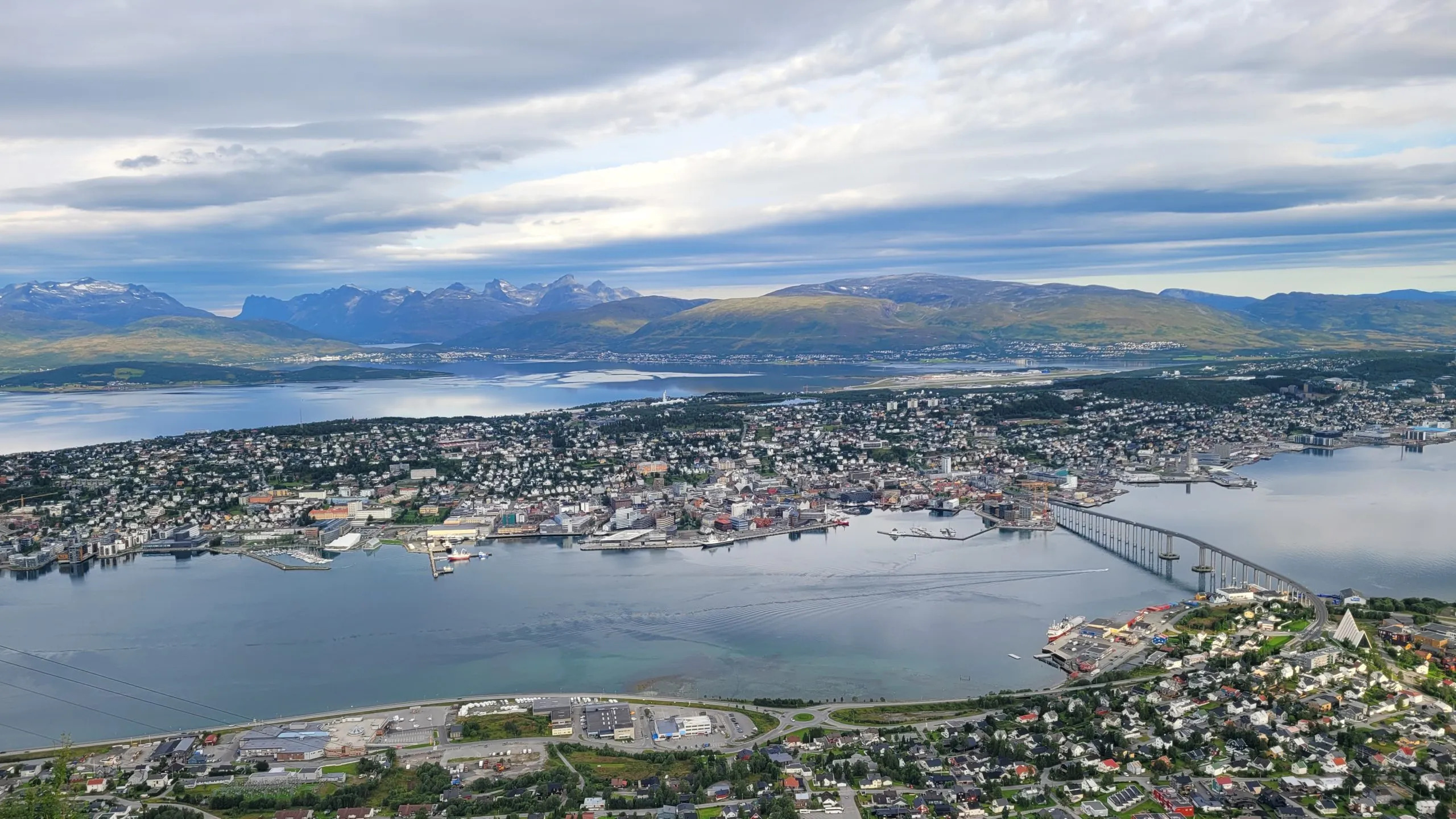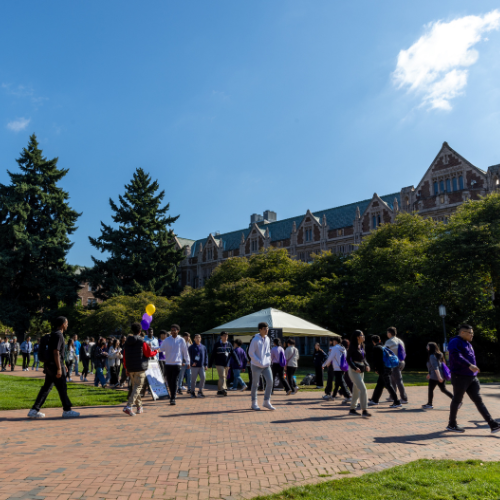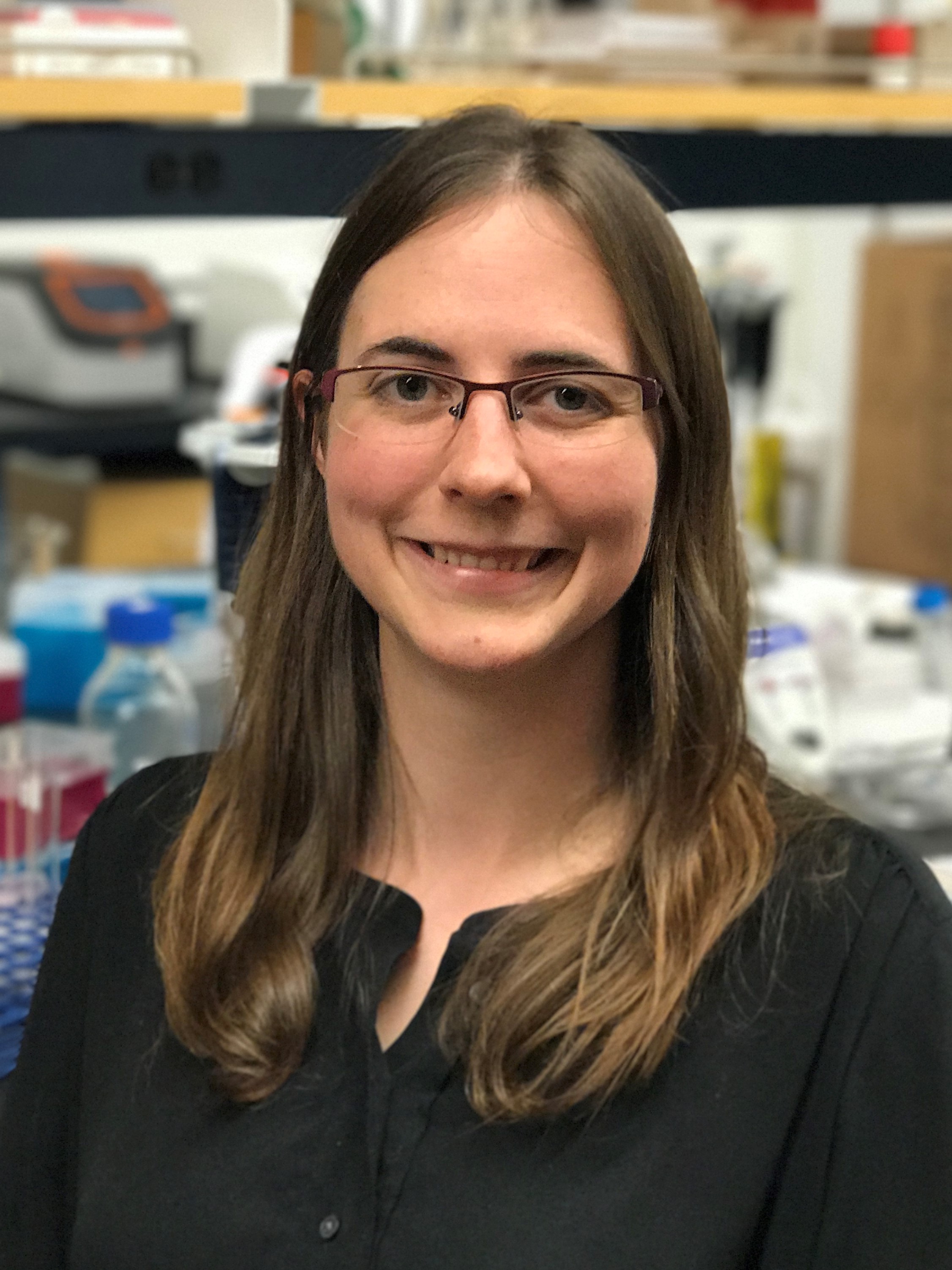-
Gordon and Betty Moore Foundation announces Andrew Laszo, Research Assistant Professor, as a 2024 Moore Inventor Fellow
The Gordon and Betty Moore Foundation selected five aspiring inventors as the ninth cohort of Moore Inventor Fellows. This fellowship champions scientist-inventors who design groundbreaking tools and technologies — creative people poised to make substantial strides in scientific discovery, environmental conservation and patient care.
09/18/2024 | Gordon and Betty Moore Foundation -
Salish Sea too noisy for endangered resident orcas to hunt: study
The UW-led study says the din from ships forces orcas to expend more time and energy hunting for fish. Jennifer Tennessen, senior research scientist at the UW Center for Ecosystem Sentinels, is quoted.09/16/2024 | Vancouver Sun -
How Springfield, Ohio, became the center of a political firestorm
A small Ohio city has been dominating headlines this past week, over claims that Haitian migrants have been killing pets and park birds for food. Sophia Jordán Wallace, professor of political science at the UW, is quoted.09/16/2024 | Newsweek -
Girls’ brains aged at an ‘accelerated’ rate during the pandemic, study finds
A new study comparing the brains of children before and after COVID-19 found that adolescent girls’ brains had aged faster than expected during the social isolation and lockdowns brought on by the pandemic. Patricia Kuhl, professor of speech and hearing sciences at the UW and co-director of the UW Institute for Learning and Brain Sciences, is quoted.09/16/2024 | The Hill -

In the Field: Understanding the impact of Arctic militarization on Indigenous communities
Mia Bennett, University of Washington assistant professor of geography, will spend a week this month in Norway as part of the orientation for the Fulbright Arctic IV Initiative. Bennett is one of 20 scholars selected to collaborate on multi-disciplinary research over the next 18 months.
09/13/2024 | UW News -
Shhh! The orcas can’t hear their dinner
When an orca hunts salmon, it clicks and buzzes. It sends a beam of sounds from its nasal passages into the murky depths in hopes that the sound waves will bounce back and reveal the location of its next nutritious meal. Those hopes are often dashed when noise from passing vessels drowns out orcas’ sonar signals. Jennifer Tennessen, senior research scientist at the UW Center for Ecosystem Sentinels, is quoted.09/13/2024 | KUOW -
'Mega' El Niño may have fueled Earth's biggest mass extinction
Volcanoes spewing carbon dioxide 250 million years ago heated the climate so much that extreme El Niño events became the norm, pushing most life on Earth past its limits. Peter Ward, professor of Earth and space sciences and of biology at the UW, is quoted.09/13/2024 | Live Science -

Dawg Daze 2024 Digest
Happening September 18–27, 2024, Dawg Daze offers more than 500 events hosted by student organizations and UW departments. Kick off the fall quarter and celebrate a return to campus with these can’t-miss recommendations from the College of Arts & Sciences!
09/12/2024 | College of Arts & Sciences -

UW's Ashleigh Theberge receives Schmidt Sciences Polymath honors for 'boundary-pushing work' in cell signaling, communication
Ashleigh Theberge, associate professor of chemistry at the University of Washington, has been named to the Schmidt Sciences Polymath Program, entitling her to grants of up to $2.5 million over five years to "pursue risky, novel theories that would otherwise be difficult to fund," according to a Sept. 10 announcement from Schmidt Sciences. Theberge — one of six awardees this year — was selected from an applicant pool of 117, and is the first UW faculty member selected for the program, which is in its third year.
09/12/2024 | UW News -
COVID lockdowns prematurely aged girls’ brains by 4 years
New research found that teens’ brains “aged” during the COVID-19 lockdowns due to the loss of social interaction. Girls were the most impacted. Patricia Kuhl, professor of speech and hearing sciences at the UW and co-director of the UW Institute for Learning and Brain Sciences, is quoted.09/11/2024 | VICE